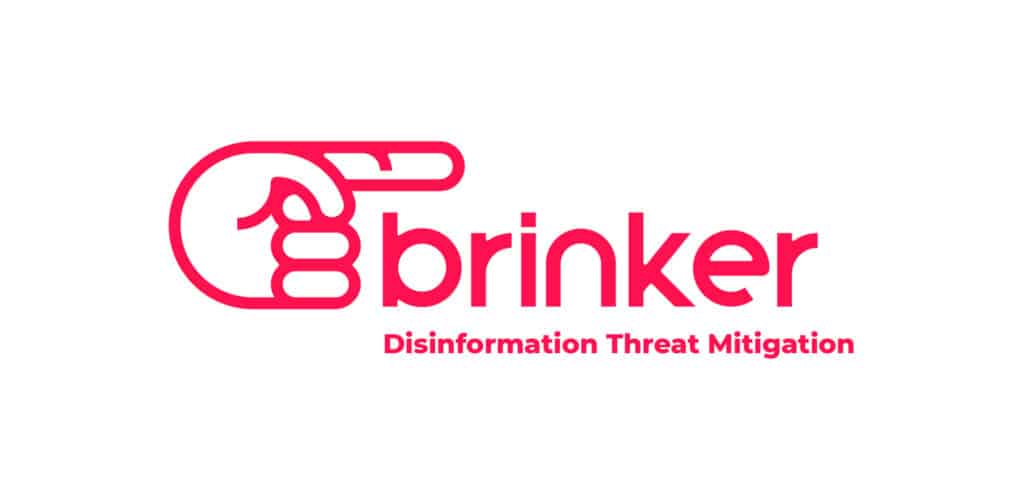Faced with the prospect of being forced to turn over metadata from their customers’ private correspondence to secret courts in the U.S. or other countries, two prominent secure e-mail services decided this week to cease operation. The secure email service Lavabit – lately the choice of NSA leaker Edward Snowden – announced that it was ceasing operations on Thursday after ten years of operation. The announcement was followed, on Friday, by a similar one from the security firm Silent Circle, which operated Silent Mail. Both companies cited the difficulty of securing e-mail communications and the prospect of secret government subpoenas to obtain information on the activities of their customers as the reason for deciding to stop offering secure email services. In a message posted on the Lavabit.com web site, owner and operator Ladar Levison said that he was being forced to “become complicit in crimes against the American people or […]
Tag: hacking
Podcast: The Art Of Hiring Hackers
The Black Hat and DEFCON security conferences wrapped up last week in Las Vegas. Most of the media attention was (naturally) focused on the content of the presentations – including talks on the security of consumer electronics, automobiles and, of course, on the privacy implications of the recently revealed NSA surveillance program PRISM. But for the companies that pay money to send staff to these shows, the content of the talks is only one draw. Black Hat and DEFCON also serve a lesser known, but equally important role as magnets for some of the world’s top talent in obscure disciplines like reverse engineering, vulnerability research, application security analysis and more. Come August, any organization with a dog in the cyber security fight (and these days, that’s a lot of organizations) is in Las Vegas for a chance of meeting and hiring that top cyber security talent. What do companies that […]
Are Anti-Mule Ops Breaking The Bank Fraud Kill Chain?
Mules are the “last mile” in many online fraud operations: the unwitting dupes, or witting co-conspirators who lend their legitimate bank account (and reputation) to fraudsters who are looking for a way to cash out funds from a compromised account. Mules – often lured with promises of “work-from-home” riches receive fraudulent transactions, then immediately withdraw the funds and wire them to the fraudsters, minus a healthy “commission.” In recent years, there has been ample coverage in the media of cyber crime and fraud and the role of money mules in scams. (I note Brian Krebs excellent reporting on the mule problem on his blog.) And yet, the supply of mules seems to be endless. Or is it? According to researchers at the security firm RSA, bank account cash-out attacks are becoming less common online, and a sharp increase in busts on money mules may be the cause. Writing on […]
Samsung Smart TV: Like A Web App Riddled With Vulnerabilities
Smart television sets aren’t short on cool features. Users can connect to Facebook and Twitter from the same screen that they’re using to watch Real Housewives of New Jersey, or log into Skype and use a built in- or external webcam to have a video chat. Unfortunately, the more TVs start to look like computers, the more they are becoming subject to the same underlying code vulnerabilities that have caused headaches and heartache in the PC space. That was the message of two researchers at the Black Hat Briefings security conference Thursday, who warned that one such product, Samsung’s SmartTV, was rife with vulnerabilities that could leave the devices vulnerable to remote attacks. Vulnerabilities in the underlying operating system and applications on Samsung SmartTVs could be used to steal sensitive information on the device owner, or even spy on the television’s surroundings using an integrated webcam, said Aaron Grattafiori and Josh […]
U.S. Cyber Chief Says “Trust Us” On NSA Spying
The head of the U.S. Cyber Command, Four-Star General Keith Alexander, told an audience of skeptical and sometimes hostile security experts and hackers that they should have faith that the U.S. National Security Agency (NSA) isn’t abusing its access to cell phone meta data and other online communications in its pursuit of terrorists who “live among us.” Speaking before a packed audience that included some of the country’s top computer security and privacy experts, Alexander spoke in measured tones about PRISM, the omnibus data collection program that was exposed in documents leaked by a former Booz Allen Hamilton contractor, Edward Snowden, saying that it had directly led to the disruption of 53 of 54 discrete “terrorist related activities” in the U.S., Europe, Asia and Africa since the September 11, 2001 terrorist attacks on New York and Washington, D.C. Adopting images and a tone common in the years immediately following 9/11, […]






